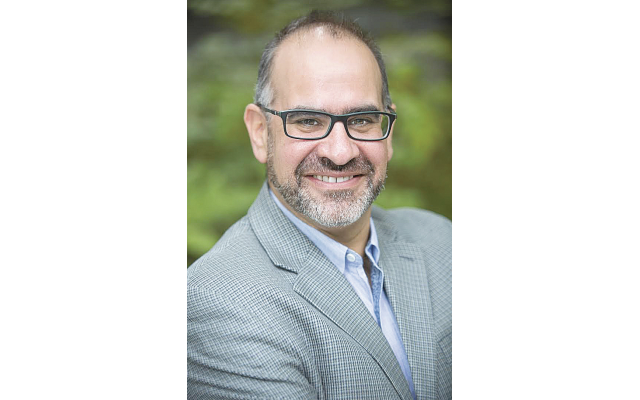Issues of Importance to American Jews in Israeli Election
There is much to be fascinated about regarding this election, including whether Netanyahu will again serve as the prime minister, becoming the country’s longest-serving premier.
Israelis head to the polls to elect the 21st Knesset on April 9.
There is much to be fascinated about regarding this election, including whether Benjamin Netanyahu will again be tapped to serve as the prime minister, thereby becoming the country’s longest-serving premier.
Because the eventual prime minister must form a coalition of at least 61 of the Knesset’s 120 seats, this could happen even if Netanyahu’s Likud party finishes second to the new Kahol V’Lavan (Blue and White) party.
For all the differences between American and Israeli Jews over Israel’s direction, several issues should have American Jews paying attention to the election. While few Israelis believe that the results will lead to any significant changes in the country’s policies toward the Palestinians, other domestic issues could affect us in the Diaspora.
Much has been written about Netanyahu’s embrace of the Otzma Yehudit (Jewish Strength) party, composed of followers of the late Rabbi Meir Kahane. Kahane’s Kach party was banned in Israel for espousing racist views and engaging in terrorism in 1994 after the massacre of Muslim worshippers in Hebron. The prime minister was widely condemned among mainstream American Jewish groups, with few exceptions, for this decision.
Less covered, but equally of interest to the American Jewish community, is the status in Israel of progressive Jewish movements, such as Reform and Conservative Judaism, and whether the election will lead to the agreement over an egalitarian space at the Western Wall being implemented. The outgoing government, which included the ultra-Orthodox parties Shas and United Torah Judaism, decided in June 2017 not to implement that agreement, which had been reached in January 2016.
Among the parties most likely to produce the next prime minister, Kahol V’Lavan has included implementing the agreement for an egalitarian prayer space as part of its official platform. The party also advocates reforming the country’s conversion system, removing barriers for immigrants to prove their Jewishness and increasing opportunities for diaspora rabbis in the country.
Likud, likely to depend on the religious parties to form a coalition, prefers to maintain the status quo in regard to the Kotel and other issues of religious practice.
The Center for Israel Education’s election resources, www.israeled.org/blog/elections, include an activity featuring the platform outlines of those parties expected to be at or near the electoral threshold of 3.25 percent to win seats in the Knesset.
Richard Walter is the vice president of curriculum and outreach of the Center for Israel Education at Emory University.




comments